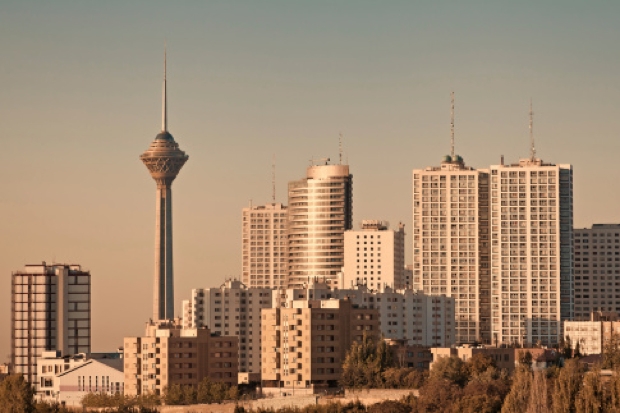‘Is he a good writer? Is he pro-regime?’ an Iranian journalist in London once asked me of Hooman Majd. Majd is an Iranian-American journalist who was born in Tehran in 1957, but is better known in America. His father was a well-travelled Pahlavi-era diplomat, and his grandfather was an ayatollah. His cousin is married to the brother of Iran’s former president Mohammed Khatami. Majd is not religious, but his criticisms of the Islamic Republic have tended toward the procedural rather than the substantive. He is married to an American, Karri, with whom he has a young son.
Family is the great theme of his books. His writings give the impression that Iranians are a big family in need of reconciliation, not another traumatic reckoning on the model of 1979. That view is common in Iran, but Majd’s writing about Iranian ‘reformists’ and ‘pragmatists’ is usually over-sweet. It means something, then, that during the ‘annus horribilis’ of 2011 — when the state reacted edgily to the ‘Arab Spring’ and reactionaries gouged each other while oppositionists kept their heads down — Majd moved back with his family to Tehran, and wrote a bold and discerning account that puts Iran’s 20th-century style ‘security state’ at issue.
Majd’s Tehran should be recognisable to anyone who has been there in recent years. ‘It’s really quite dark,’ a friend remarks to him as they drive around, alluding to its atmosphere of sun-drenched noir, which Majd treats through themes of paranoia, secrecy, corruption, hypocrisy and guilt. The ineluctable romance of the troubled city is in evidence, too, in his evocations of its intellectual life, its hospitality, its historical burdens, even its unliveability. The word ‘dystopia’ emerges, but never without qualification or irony.
Majd believed that ‘powerful figures within Iran were working to advance a more democratic future’, and still does, but this book has a melancholy ‘no country for old men’ feeling, as the author contemplates fatherhood in his fifties and finds that his hero, Khatami, is yesterday’s man, as burdened by surveillance as any foreign journalist. Now Iran belongs to the young, not to ‘aging theocrats’. Majd judges himself ‘too optimistic’ about the ‘morality’ patrols, which to his surprise harass Karri for ‘bad hijab’. He quotes Iranians cursing the supreme leader Ali Khamenei in public, and interrogates his own ‘self-preserving silence’.
So here is Majd’s best book, written to answer those who found his previous reports, for all their illumination, pusillanimous or even sulphurous. He embarrasses the regime by revealing that its capricious, ill-coordinated representatives forbade him to write, tried to get him to write for them, and (though this is probably unverifiable) identified him as a US intelligence operative. It’s a pity that he neglects Iran’s role in Syria (an unmissable topic when he was there), won’t decide whether Khamenei’s Iran is an absolutism or a tyranny, and pursues interpretations of ‘Persian character’, an idea that, whether in the minds of imperialists or Islamic revolutionaries, has only ever obstructed Iranian freedoms. Still, it embodies a spirit of rapprochement.
Available from the Spectator Bookshop, £15.95. Tel: 08430 600033






Comments